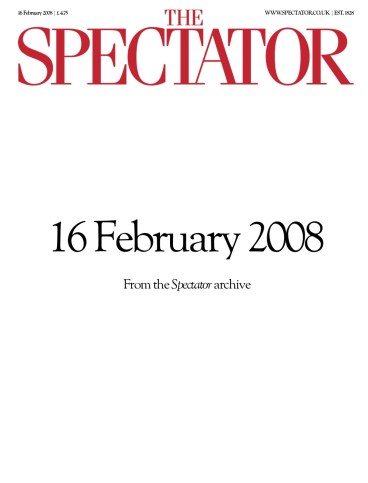The strange experience of England
The Wessex novels of John Cowper Powys — Wolf Solent (1929), A Glastonbury Romance (1933), Jobber Skald (also published as Weymouth Sands, 1935) and Maiden Castle (1937) — must rank as four of the greatest ever to be written in our language. Even those who do not feel ready for the 1,000-page novel based on

